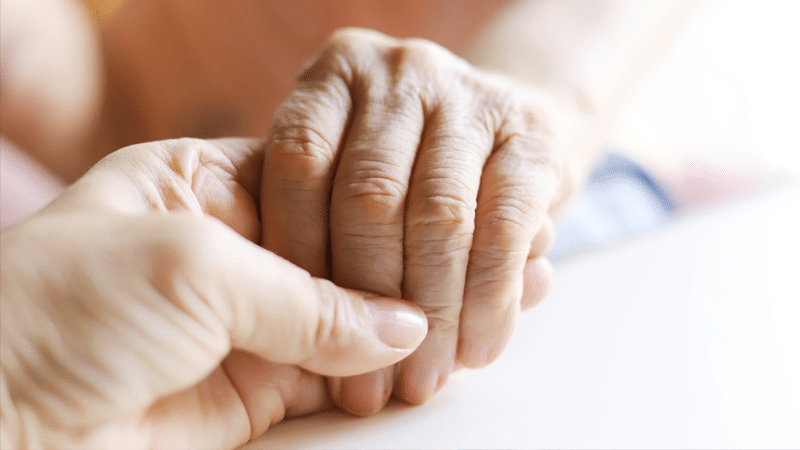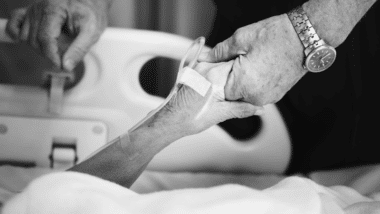Legalising assisted suicide would have “profound negative repercussions to good medical care” in the UK, a palliative care expert has warned.
In an interview with a University College London student’s podcast, Dr Nicholas Herodotou, who is an honorary lecturer at the university’s medical school, debunked claims that assisted suicide gives people a dignified death, saying “killing someone does not given them dignity”.
He explained that in places like Oregon where assisted suicide is legal most people do not want to be killed because of unbearable pain, which palliative care addresses, but for reasons such as “loneliness, a sense of loss”. He added: “They need support and love and care and that’s why the UK has the best palliative care in the world.”
‘Morality and purpose’
Dr Herodotou said that existential questions cause dying patients pain because humans are “more than just physiological beings, we’re spiritual beings, we have a sense of morality and purpose”.
The Christian medic quoted St. Augustine: “You have made us for yourself and our heart is restless until we find rest in thee”.killing someone does not given them dignity
The consultant also addressed the “big difference” between withdrawing futile treatment and euthanasia and assisted suicide, which he maintained are “in stark contrast to good medical care”.
He said: “to deliberately take someone’s life intentionally is by definition murder, because your intent is to accelerate that person’s death”, whereas stopping a treatment “which I believe to be causing more harm than benefit” is to no longer delay their natural death.
Culture
Earlier this year, former President of the Royal College of Psychiatrists Baroness Hollins warned MPs that legalising assisted suicide would damage the culture of caring for the vulnerable.
Speaking to the House of Commons Health and Social Care Committee, she said everyone needs to know they will “be directed to the right support”, but introducing assisted suicide would change the “culture, the attitude and everything”.
Lady Hollins added: “I am particularly concerned about the extension to people with mental illness, and to disabled people, particularly people with learning disability and autism, who are so open to suggestion”.
The Committee is currently hearing evidence on access to palliative care, the role of medics in assisted suicide, and eligibility criteria for such services in England and Wales.
ROI palliative care experts tell Oireachtas: ‘We offer end-of-life care, not suicide plans’
Columnist: ‘Scotland must back away from cliff-edge of assisted suicide’
Plan 75 film shows ‘a disturbingly realistic glimpse’ of assisted suicide


